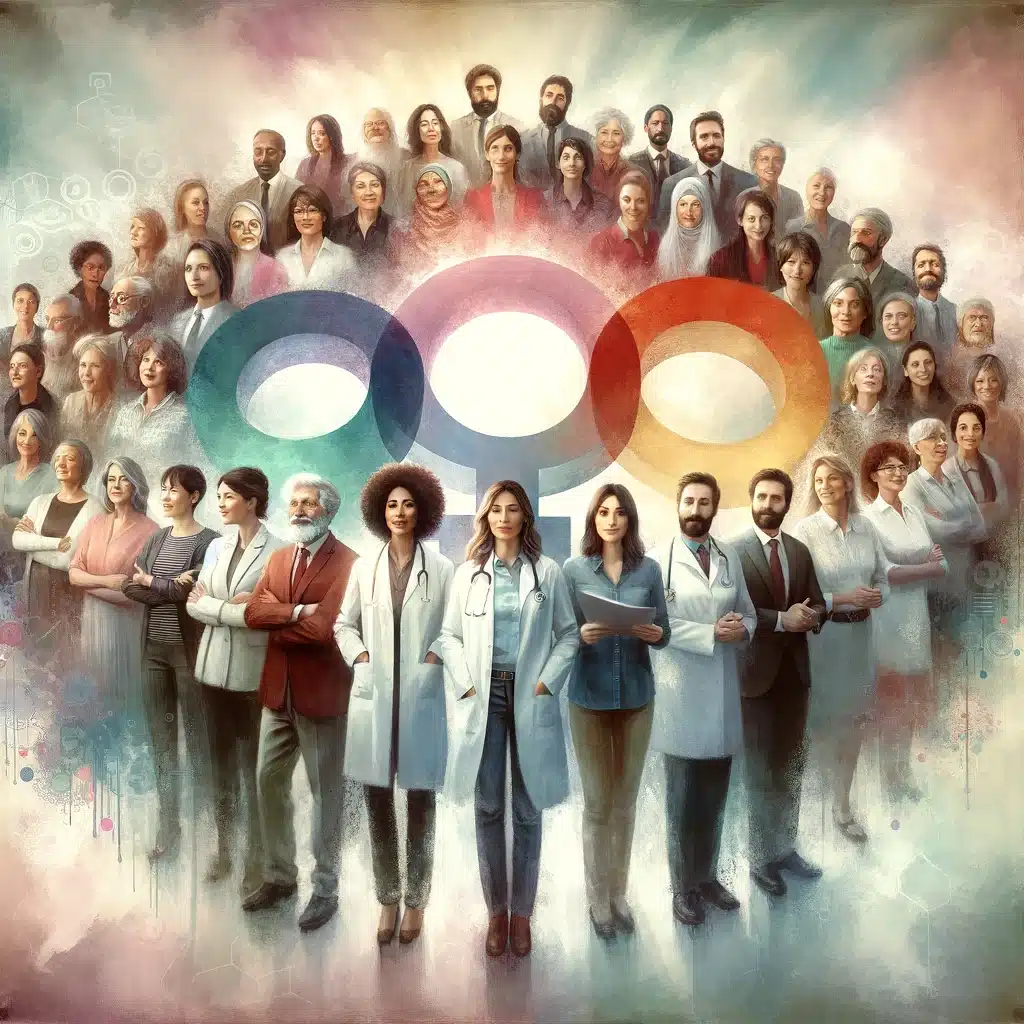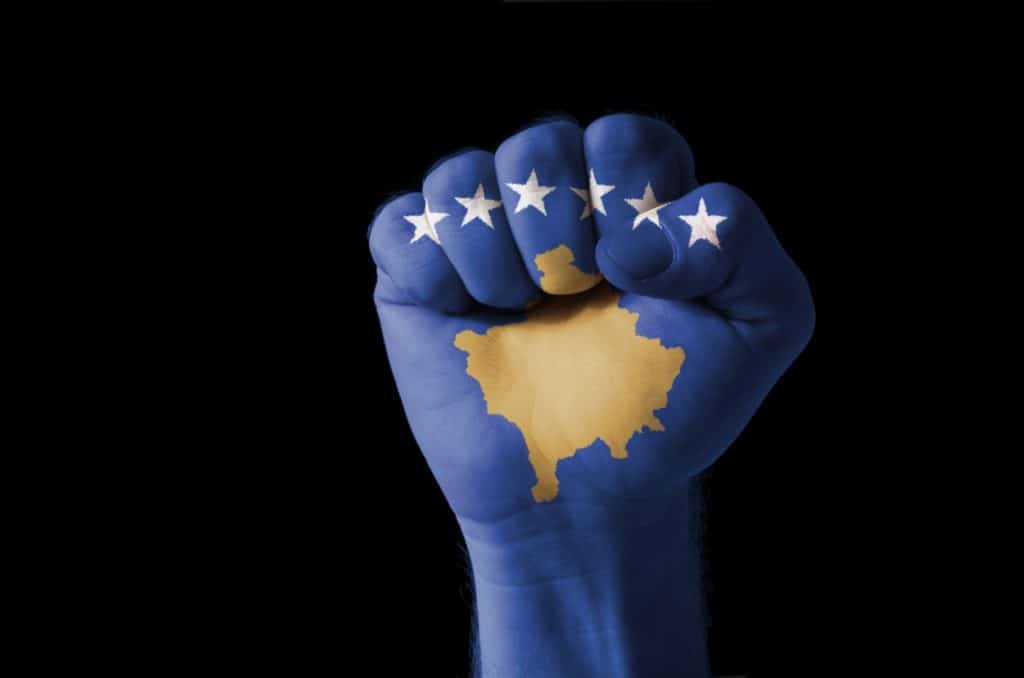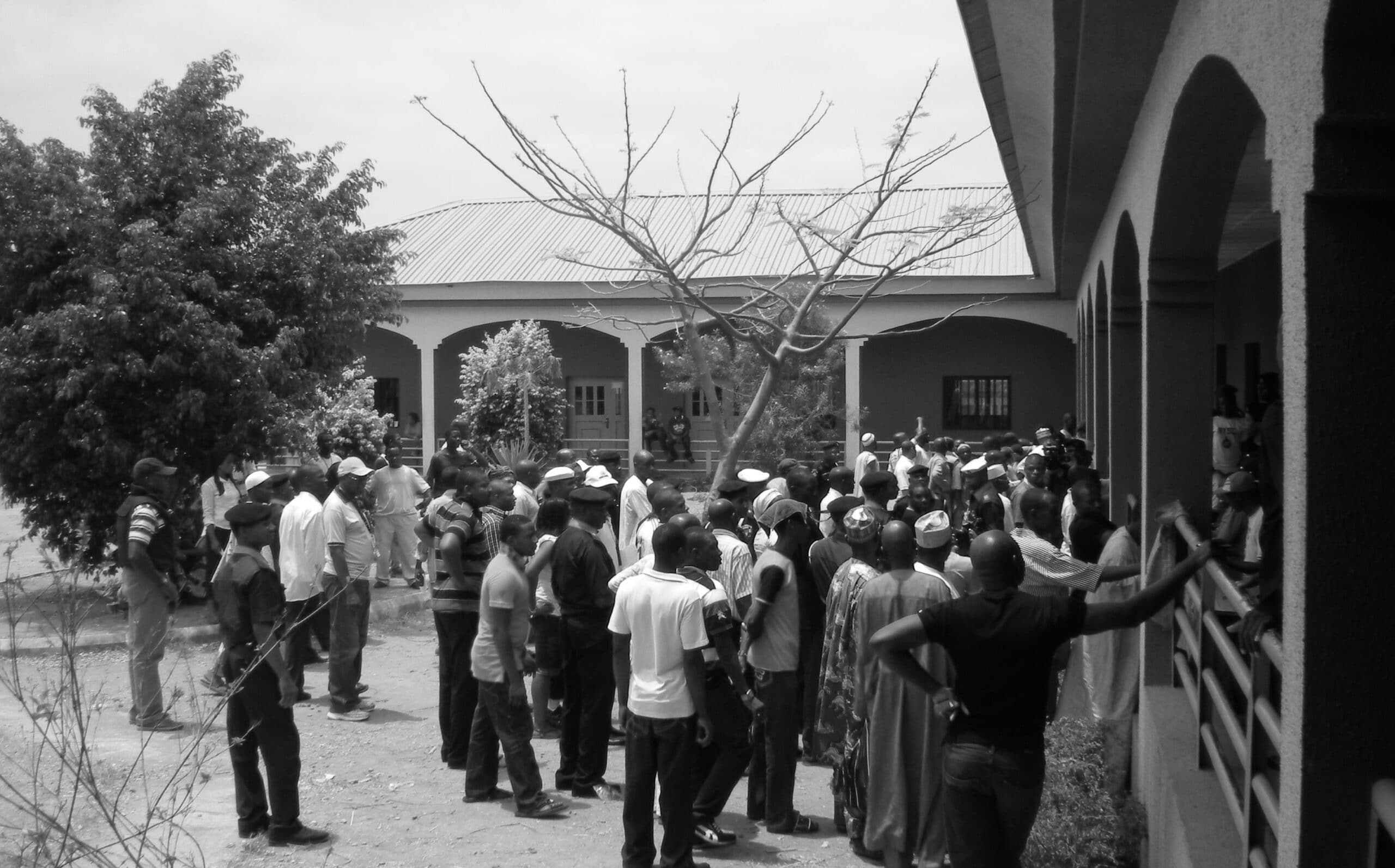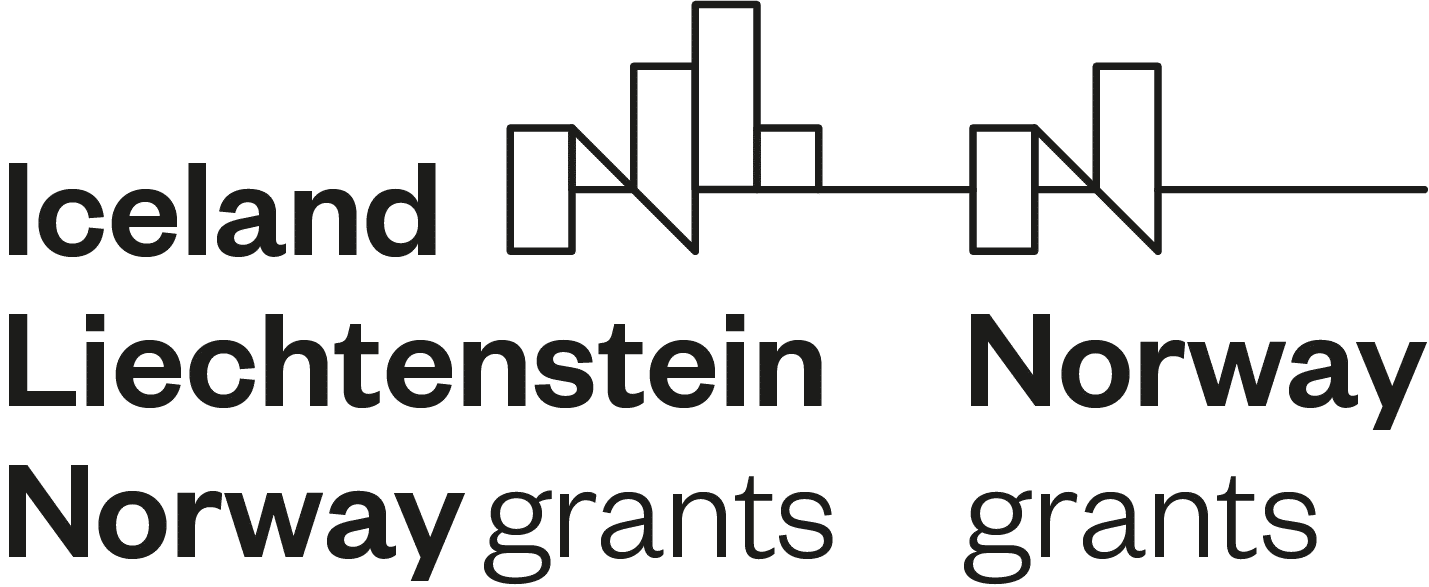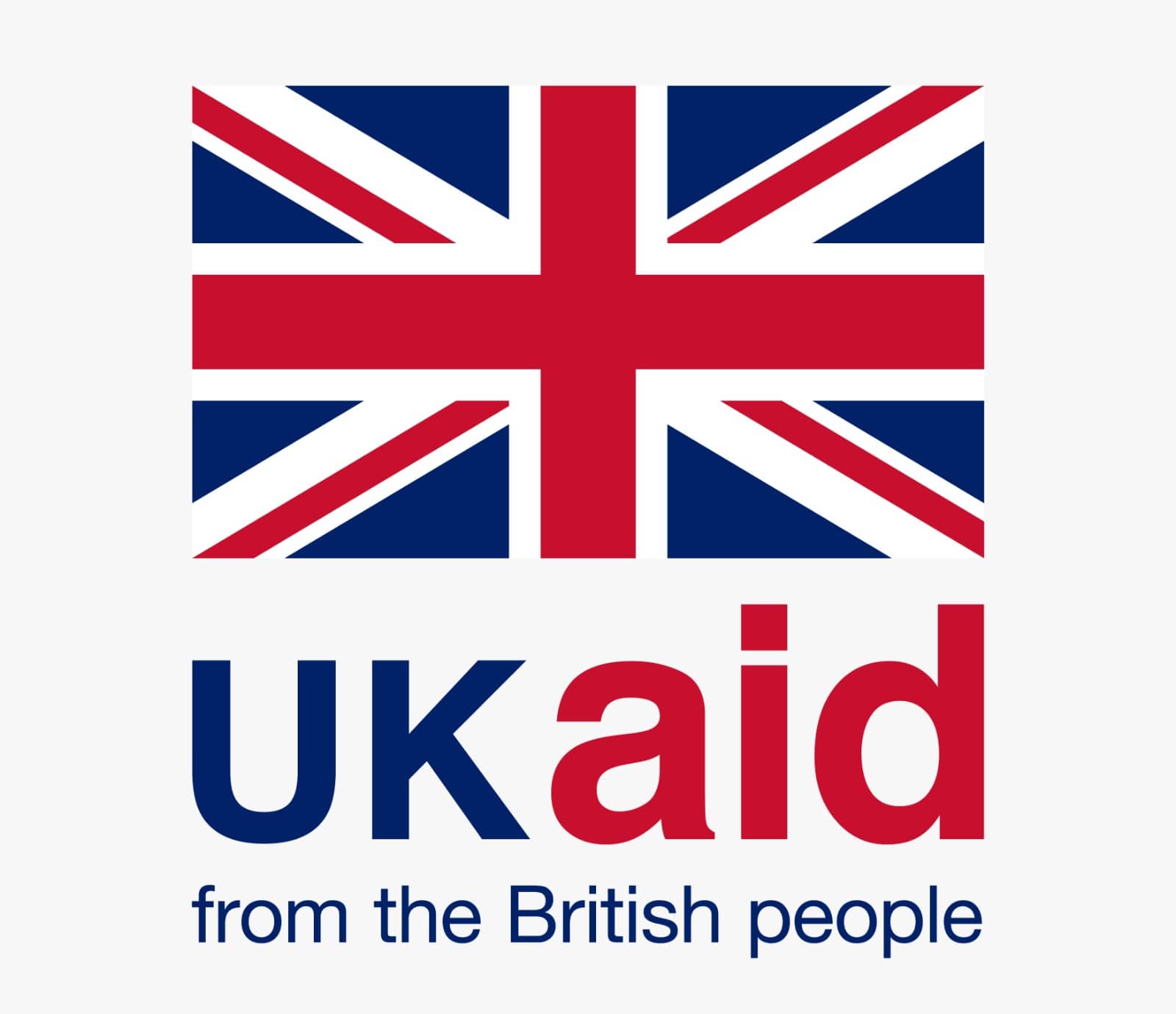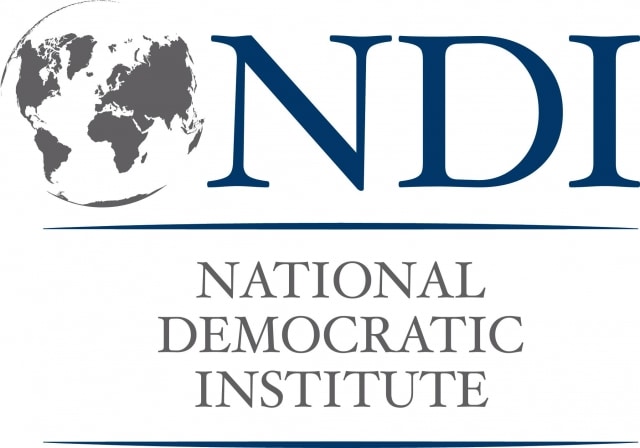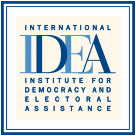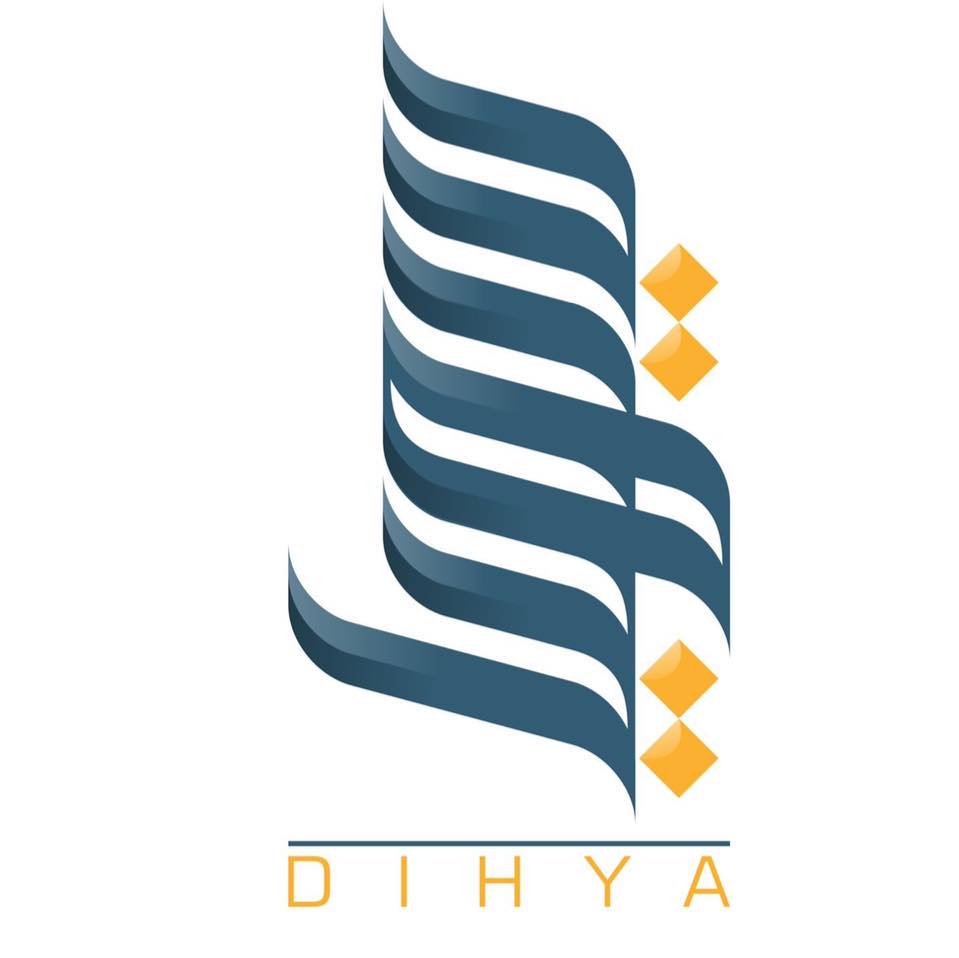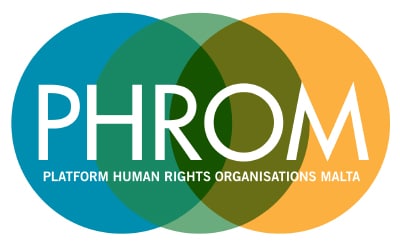Setting the table for constructive dialogue

Another well-respected figure ineligible under the Political Isolation Law 2013 to hold public office for ten years, like Dr. Jebril, is Mustapha Abdu Jalil, a former Minister of Justice in the Gaddafi regime. Though highly regarded, he lacks support among younger more urbane and secular Libyans. He is also from the East and tends to favour traditional consensus making. He is viewed as more tribal than modernist and is perceived to lack the authority to stand up to belligerent militia leaders or the skill to outmaneuver well practiced politicians. While both these men enjoy significant support base, Libya is not yet a democratic state where support base translates to electoral victory in presidential elections.
Despite having a questionable mandate, due to low voter turn out, the Constitutional Drafting Assembly (CDA) has managed to maintain a positive reputation, though low profile, among the general public. In part, the CDA proactively distanced itself from militia forces angling for influence. In addition, its emphasis on constituent outreach since inception in the spring of 2014 has also played in its favour. While no political heavy weights have emerged yet from the CDA, its president, Dr. Ali Tarhouni, is an influential figure and may emerge as a key player as the UNSMIL political dialogue progresses, consensus is built, and methods of implementation are agreed upon. It will rest on the assembly to adopt constitutional provisions that may emerge as a necessary precondition to the cessation of conflicts.
Most recently Abdul Hakim Belhadj, the former head of the Tripoli Military council, and well known revolutionary figure, has emerged as someone interested in talking openly about the tensions in Libya. He has the credentials to sit across from Militia leaders and have those difficult discussions. While not a polished politician, he has demonstrated some impressive political instincts with a sense of priorities. In the 2012, election campaign he was criticized by the conservative evangelical Muslim community for having posters with uncovered women candidates. He is reported to have responded, “Surely Libya has bigger problems than what a woman is or isn’t wearing on their head!”
Whether he actually responded that way, or it has become part of a folklore surrounding the man, people across the spectrum have concerns about Belhadj. He was identified by the US and UK as the head of a terrorist organization, the Libyan Islamic Fighting Group, at one point. Though when he was fighting Soviets in Afghanistan many called him a freedom fighter. While being in the wrong place in several changing histories, his persona has fluctuated between hero and villain, and the pendulum may be swinging back. But interestingly, rather than allowing the experience to radicalize him, he turned to the courts to seek redress for what he alleged were illegal renditions.
Belhadj has always been a serious enough actor, and is increasingly an effective and savvy communicator. Recently appearing on CNN he spoke directly to proliferation of weapons in Libya, and addressed perceptions of his involvement in terrorism. While there is a segment of the Libyan population who might be uncomfortable with his Mujahidin background they do not tend to be among the spoilers. In a democratic system, where electoral votes are spread among contenders in various portions, he might find himself in the same position of 2012 not earning enough popular support to occupy any significant elected office space. However, electoral votes and calculations are not prudent at this time. What is needed to assist the process of dialogue begun by the SRSG are people capable of being in the difficult talks with the capacity to favour process over raw emotion.
Crises have the tendency of propelling willing and unwilling personalities to the forefront. The current events may well see the emergence of relative unknowns capable of bringing calm and ration to the dialogue process. This may include the young mayor of Tripoli, Mahdi Al Herati, popular among Tripoli revolutionaries. In addition, minority communities that include the Tebu, Amazigh and Touareg need to be represented in crises talks to quell what have been ongoing and very recent tribal and intercommunal conflicts in Libya’s south. Ultimately, it will take the good faith, willingness to compromise and representatives capable of bringing their communities or constituents along in finding those durable solutions so sorely needed in Libya.
While there is still a long way to go before things stabilize in Libya, there are no silver bullets or single personalities capable of doing it alone. It does require, however, everyone to be sincere and determined to resolve outstanding problems. Spoilers have a choice; moderate their rhetoric and play a constructive part or be universally marginalized.
Writing by: Carlo Binda, Managing Director, Binda Consulting International Ltd.
Frank Talbot, Principal, Talbot Advisory International, LLC
